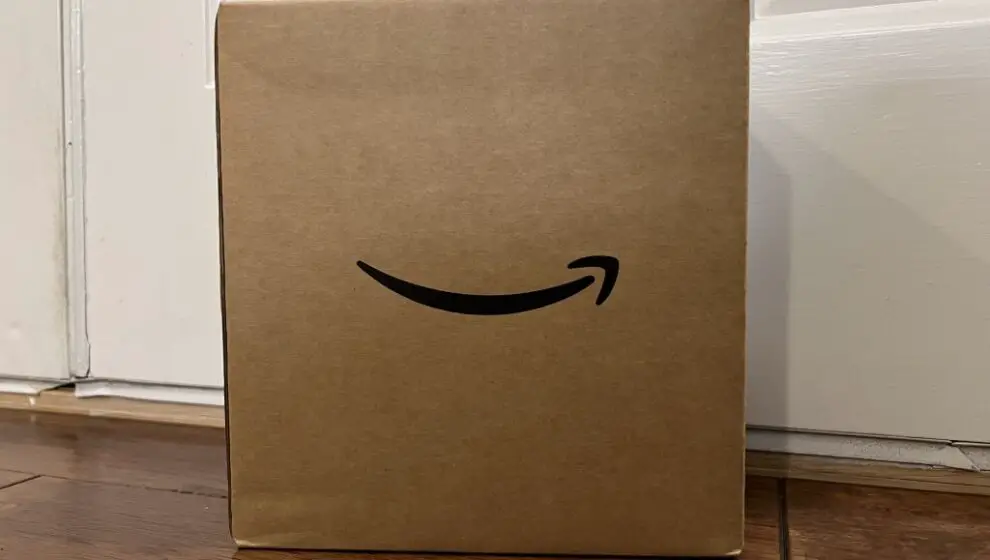The movement in sales of corrugated cardboard boxes reflects the broader state of the economy.
Key Details
- Corrugated box sales have declined in the past two years, Axios reports.
- Packing Corporation of America reports a 7% decline in share prices, while United Parcel Service dropped 10% due to sales drops.
- The Federal Reserve raised interest rates to 4.75% to 5% on March 22, which has continued to tighten money and create concerns of an imminent recession.
- Industry leaders remain unconvinced that this reflects a decline in the overall economy.
Why It’s Important
Boxes are a banal but crucial aspect of the modern economy. The vast majority of products are shipped in cardboard boxes at some stage in their production or transportation. If a company anticipates lower sales volume, it orders fewer cardboard boxes. If the sales of boxes are decreasing, it could be a sign that all sales are decreasing because the economy is slowing down.
Industry leaders in the box industry argue that the shift is caused by a change in the economy, with UPS CEO Carol Tomé noting that consumer spending is shifting from goods to services at the moment, reflecting greater strength in that area of the economy—potentially good news given that it reflects 70% of GDP, Axios notes.
Notable Quote
“The shift of consumer buying preferences, more toward service-oriented spending, persistent inflation, and higher interest rates continued to negatively impact consumers’ purchases of both durable and nondurable goods,” says Packing Corporation of America EVP Thomas Hassfurther.
Backing Up A Bit
However, a decline like this is only sometimes a good economic indicator. The “Cardboard Box Index” is an established investor tool that is used to gauge the future production of consumer goods. As we previously reported, retail sales have declined in the past two months, reflecting a market dealing with high inflation and high interest rates. Yearly inflation is currently 5%.
Alternatively, CEOs are feeling relatively confident about the prospects of avoiding a recession. Despite tightening retail sales and labor markets, consumer confidence and spending remain very high, benefitting from the continued afterglow of the COVID-19 pandemic and energetic consumers eager to attend live events and take vacations. A soft landing for the economy is not out of the question.

